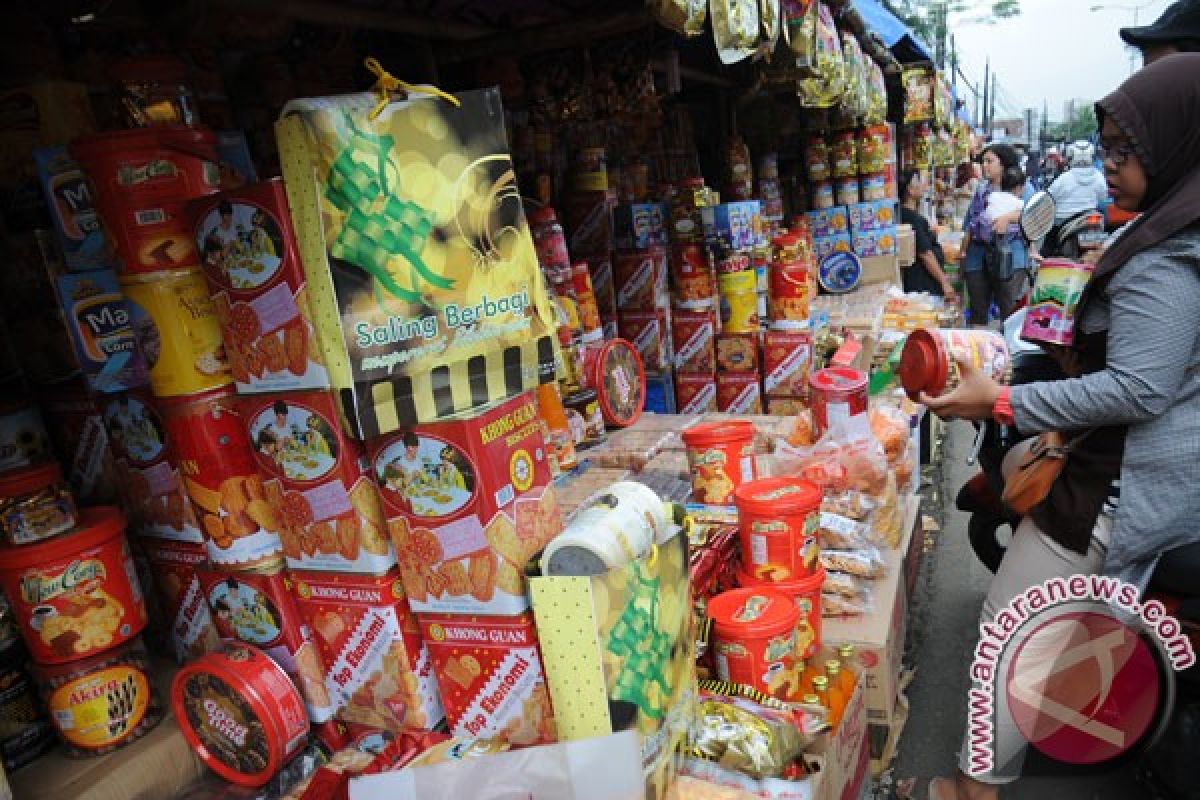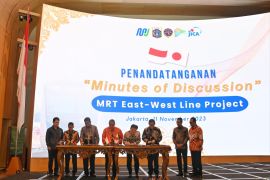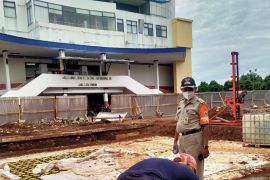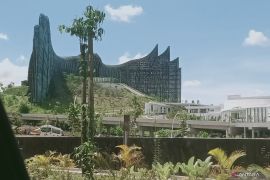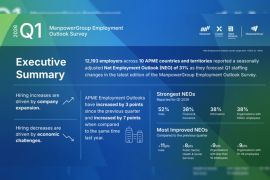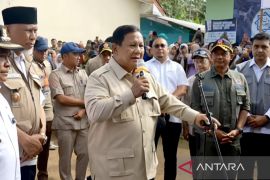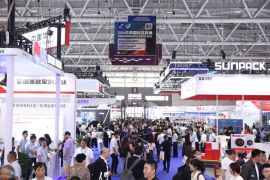"If several workers are confirmed to have been infected, the closing procedure must be taken," head of the East Jakarta Workforce, Transmigration, and Energy Office, Galuh Prasiwi, said on Monday.
The final decision will be made after a monitoring and evaluation team visits the biscuit factory on Tuesday (September, 8 2020), he stated, adding that the identities of infected workers at the factory and their exact number are not known yet.
In another development, the Ciracas Public Health Center has reported that 28 of 170 people joining a rapid testing program at the PT Khong Guan biscuit factory on August 28, 2020 had shown "reactive" results, Ciracas subdistrict head Mamad informed.
Those whose results were “reactive" have been asked to take swab tests. Of the figure, at least two workers tested positive for the coronavirus, he said.
Coronavirus infections initially emerged in the Chinese city of Wuhan at the end of 2019, while the Indonesian government officially declared the country's first confirmed cases on March 2, 2020.
On Monday, Indonesia recorded 2,880 new cases of COVID-19, bringing the total tally of infections to 196,989, according to the country's Task Force for COVID-19 Response.
With 2,077 people recovering from COVID-19, the total recoveries reached 140,652, while the death toll touched 8,130, with 105 people succumbing to the disease over a 24-hour period.
ANTARA has reported on Jakarta remaining as one of the contributors to the spike in the new cases.
In response to this challenging reality, President Joko Widodo (Jokowi) has reiterated his request to the Indonesia Onward Cabinet members to adopt requisite measures to halt the spread of COVID-19 infections emerging from office, family, and regional election clusters.
"Be cautious of office, family, and, later, regional election clusters of COVID-19. Please repeatedly remind about this aspect," President Jokowi said at a cabinet meeting on handling health and economic recovery issues to strengthen reformation on Monday.
Jokowi affirmed that COVID-19-related prevention and mitigation efforts are primarily targeting public places. "However, we forget about the clusters of the novel coronavirus disease that I have informed about. We must be careful and cautious about the clusters,” he stated.
Jokowi said office and family clusters are partly responsible for the spread of COVID-19 among members of communities, since people may feel a sense of safety and hence relax the application of COVID-19 precautionary measures.
"In connection with family and office clusters, we feel safe at home and office, so we forget to implement preventive measures as mandated by health protocols," President Jokowi pointed out. (INE)
Related news: Governor asks families to exercise caution at COVID patient funerals
Related news: Indonesia's new cases reach 2,880 on Monday, with total 196,989
EDITED BY INE
Translator: Andi F, Rahmad Nasution
Editor: Suharto
Copyright © ANTARA 2020
